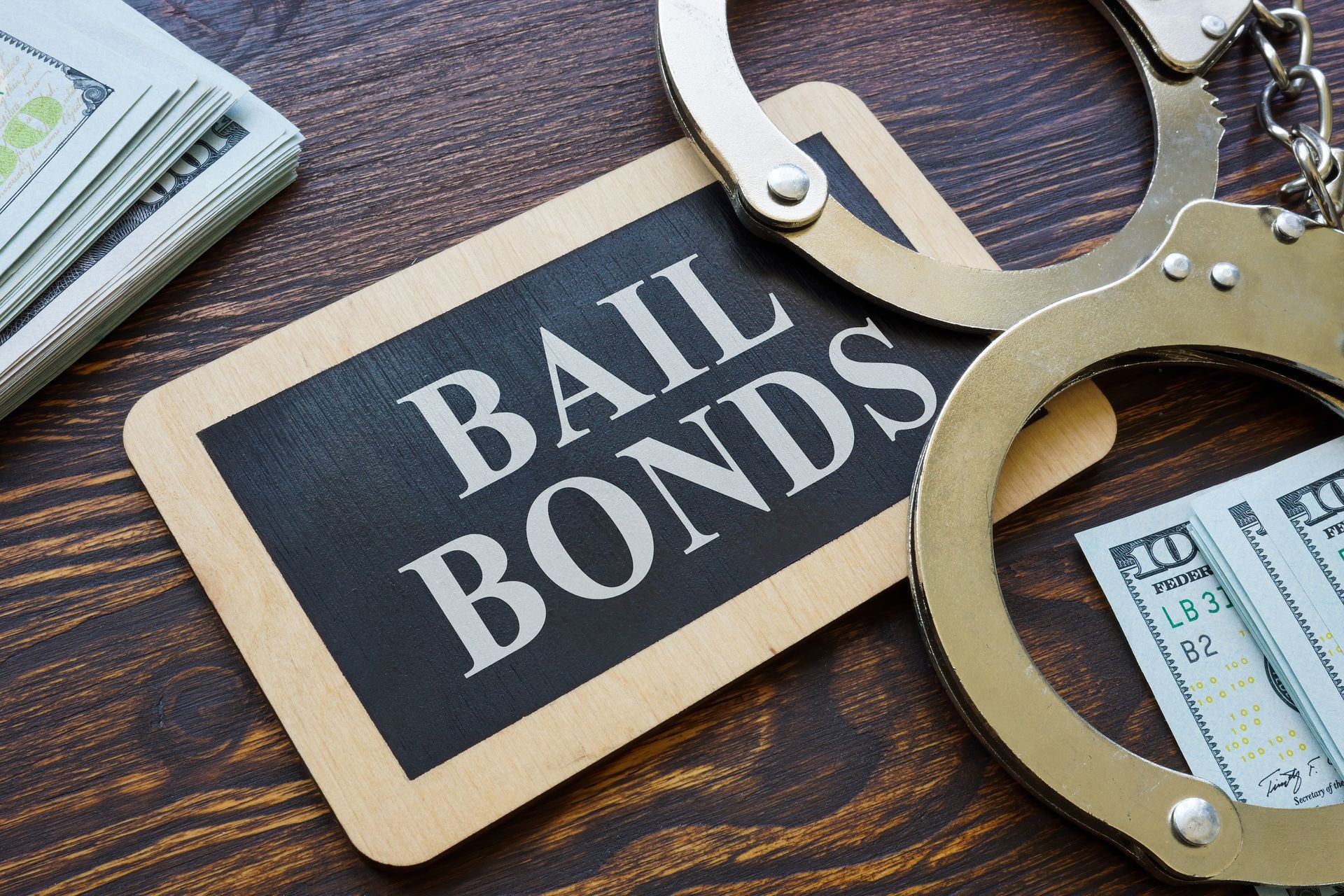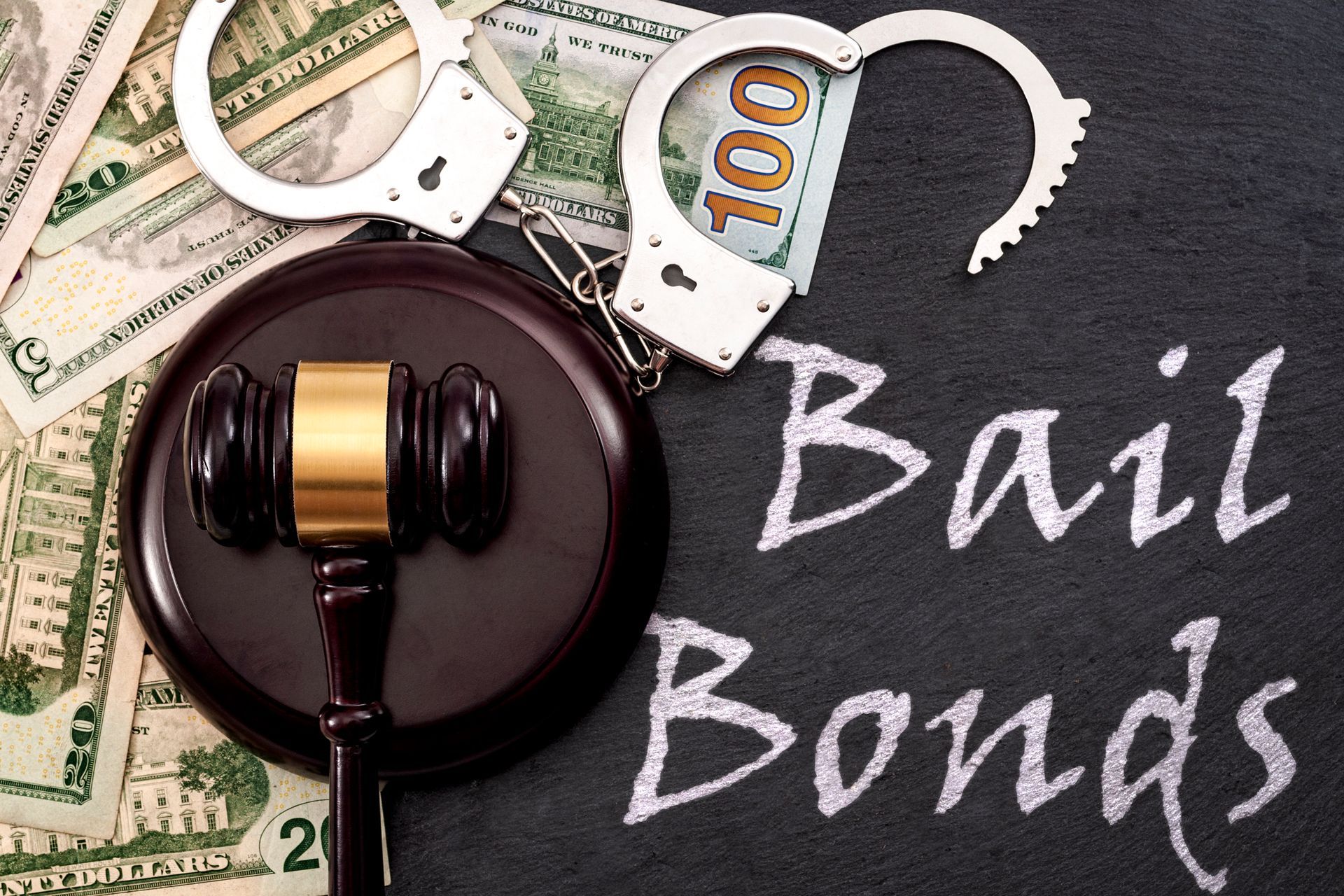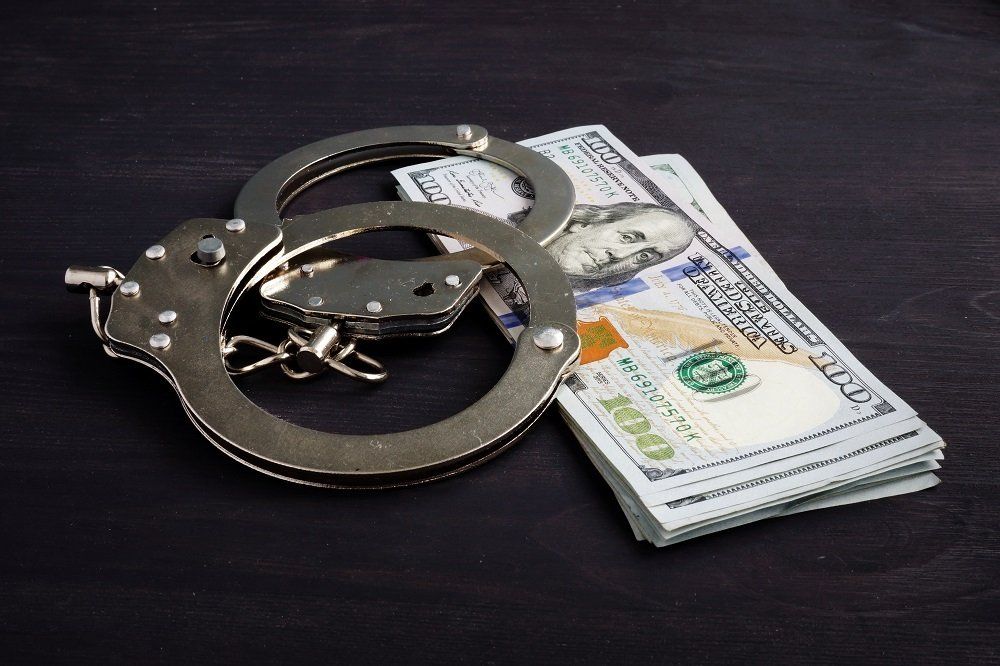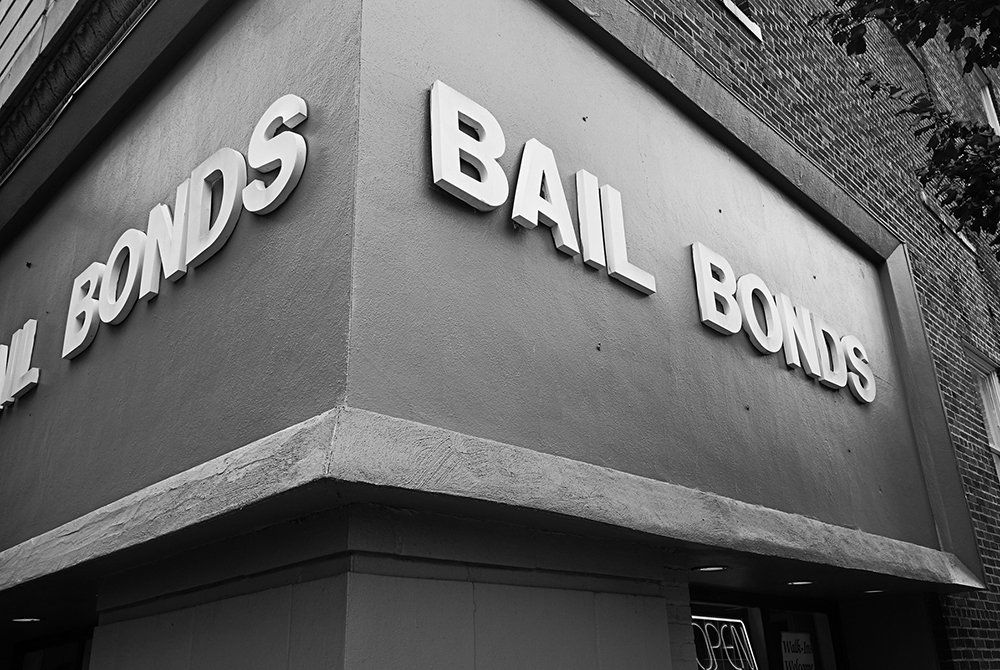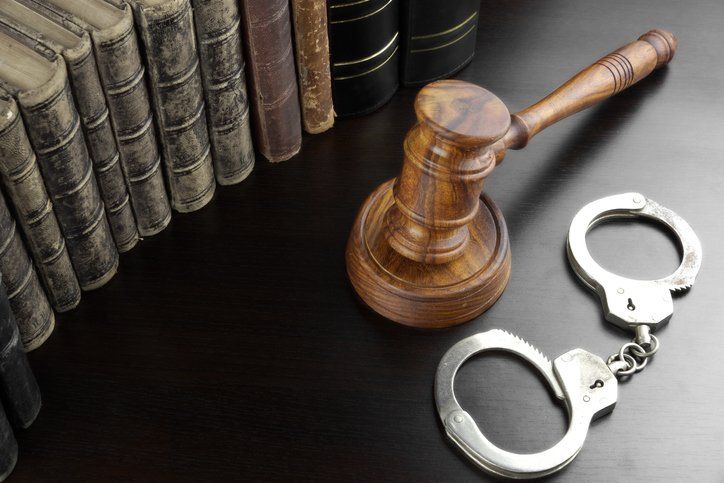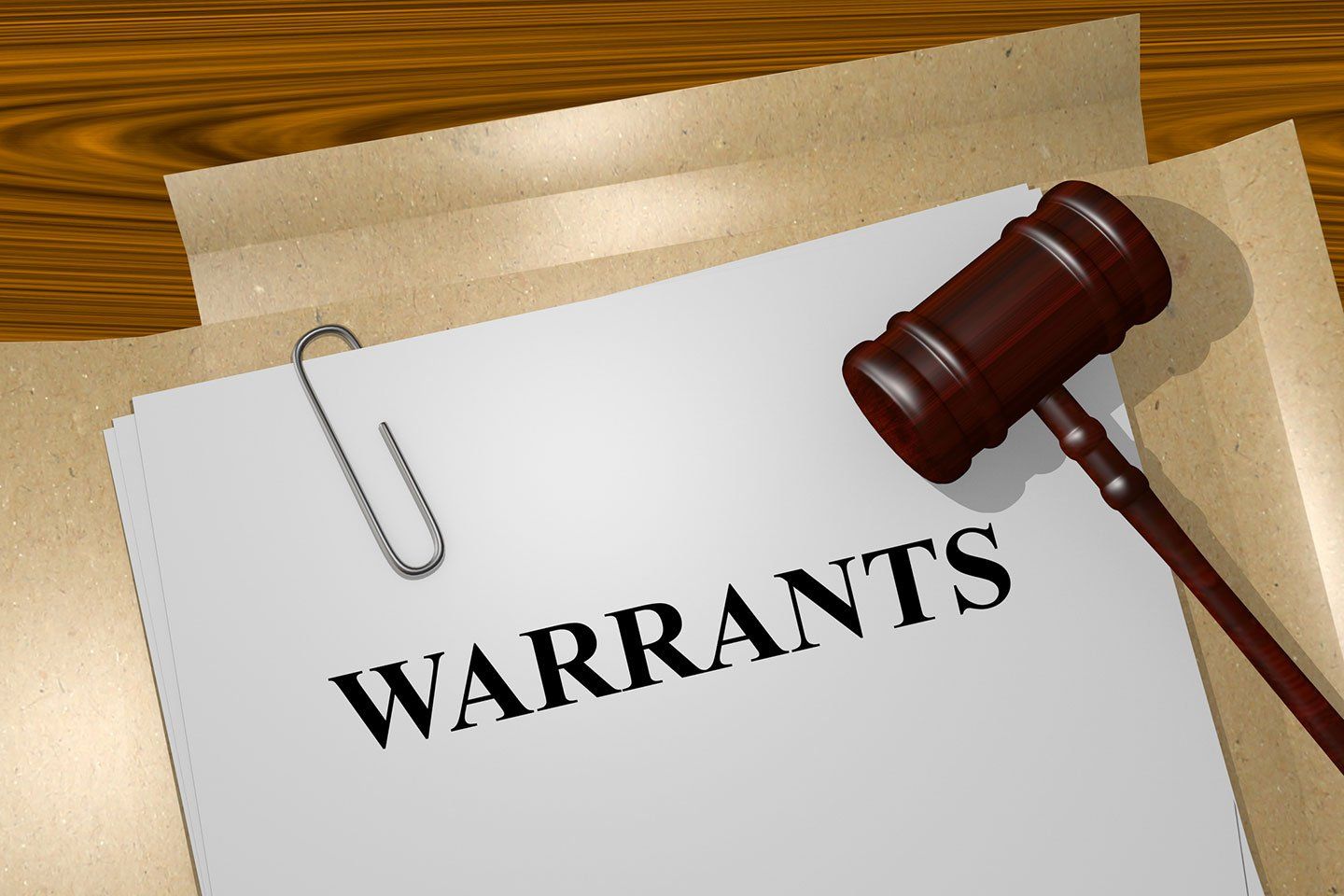How Does Posting Bail Improve Your Financial Situation?
After an arrest, most people are given the option to remain in jail to await their hearing or to post bail. Posting bail isn't free, which causes many people to shy away from it. However, there are many unseen costs of staying in jail. Therefore, in some cases, posting bail may be the more financially responsible option. If you would like to learn more, read on.
Paying Bail Can Be Affordable
Bail in Texas depends on the type of crime for which you are accused. Class C misdemeanors like traffic tickets, public intoxication, criminal mischief, issuing a bad check, etc. usually carry a $500 (or less) fine, but bail money is not usually required. The defendant is often released on their own recognizance with the promise to attend their hearing.
Class B misdemeanors include DWI, possession of marijuana, harassment, prostitution, criminal trespass, and much more. Class B misdemeanors usually come with a fine of $2,000 or less and a bail amount of $100 to $8,000. For a Class A misdemeanor (assault, deadly conduct, animal abuse, etc.), you can have a fine of up to $4,000 and bail will be set between $3,000 and $15,000. If the crime is a felony, however, you may have to pay up to $500,000 for bail.
While you have to pay any fines yourself, the bail money is returned once the hearing is over (as long as you've attended your hearing). If you use a bail bond agent, they post the bail money for you and you only ever pay a fee of about 10 percent of the bail amount. This can make the bail amount far more financially manageable than the initial price might lead you to believe.
Being in Jail Is Not Free
Society likes to make it look like the government pays for everything inmates in jails and prisons need, but that isn't always true. True, the jail gives you three meals a day, some hygiene items, etc., but they don't always provide enough of what you need. Limits on soap, in particular, can pose a problem as it helps the spread of diseases like COVID-19.
If someone sends you money, of course, you can buy the extra items you need in jail. Unfortunately, these are often overpriced and come with extra fees. Ultimately, in some cases, you may spend more money to stay in jail than you would have spent on a bail bond.
Being Free Means You Can Work
One of the biggest benefits of getting out on bail is being able to continue to work. If you already have a job, getting out on bail may be the difference between keeping and losing that job. Even if you don't have a job or if you lose your job, however, while you're on bail you have the freedom to find a new job.
Not only will this money help you pay for your defense, but also you can pay your bills, including rent or mortgage so that you and your family still have a place to live. Even being able to pay small bills like your credit card bill can help you financially by keeping you up-to-date, so you don't fall behind and have to pay a fortune in interest or late fees.
Being out on Bail Lets You Care for Dependents
Finally, if you have dependents, being out on bail means you can better care for them, which can drastically save you money. For example, if you take care of the children during the day while your partner works, and you choose to stay in jail to await your hearing, you'll have to pay someone to watch your children while your partner is working. This can significantly add to your monthly expenses.
Kids aren't the only types of dependents. If you have older parents who can't fully care for themselves, and you end up in jail, you may need to send them to an assisted living facility. Assisted living facilities can add up to $4,468 or more to your monthly bills.
Posting bail isn't free, but staying in jail can get expensive fast, especially if you have a lot of responsibilities like a job and kids. If you would like to learn more about bail and bail bonds, or if you are ready to get a loved one out of jail, contact us at A-Action Bail Bonds today.


